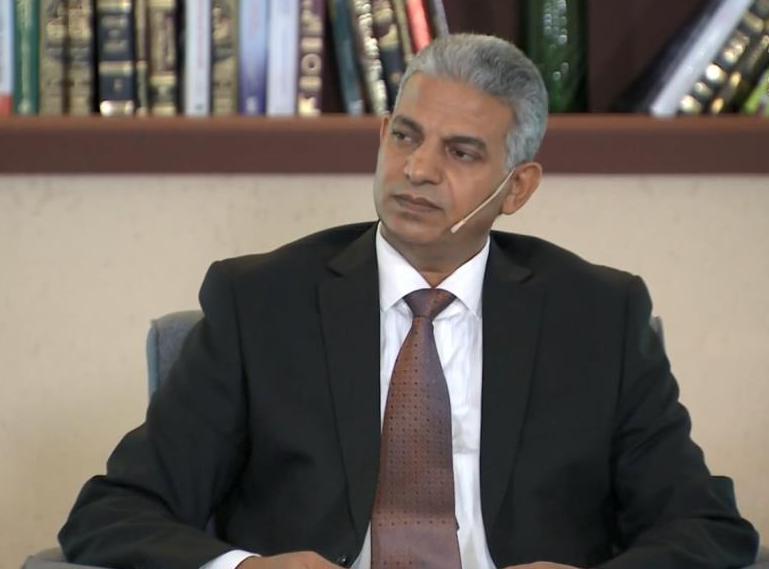The current research aims to identify the role of teachers in the development of innovative thinking among students in government secondary schools in the Emirate of Sharjah. A random sample was selected, including (6) government secondary schools, where the questionnaire of "Innovative Thinking" was applied to (280) male students of whom (140) had scientific [specialization], (140) had literary, and (280) female students of whom (140) had scientific [specialization], (140) literary. The number of valid returned questionnaires was (530) of up to 37% of the total number of students in the schools that were selected. The results revealed that the obstacles to innovative thinking came in first place with great approval, which confirms the presence of a variety of obstacles that limit the innovative thinking of the students. These obstacles including the school’s curriculum, teachers, teaching methods, examinations, and expectations of the students’ families.
The role of the school environment in the development of innovative thinking among students came in second place with great approval, which confirms that there is concerted effort in schools to help students in innovative thinking. Then, the role of the classroom environment in the development of innovative thinking among students came in third place with moderate approval. The role of the teacher in the development of innovative thinking came in last place with moderate approval, as the role of the teacher in the development of both intellectual flexibility and intellectual fluency attained moderate approval, while the role of the teacher in the development of intellectual originality attained less approval.

